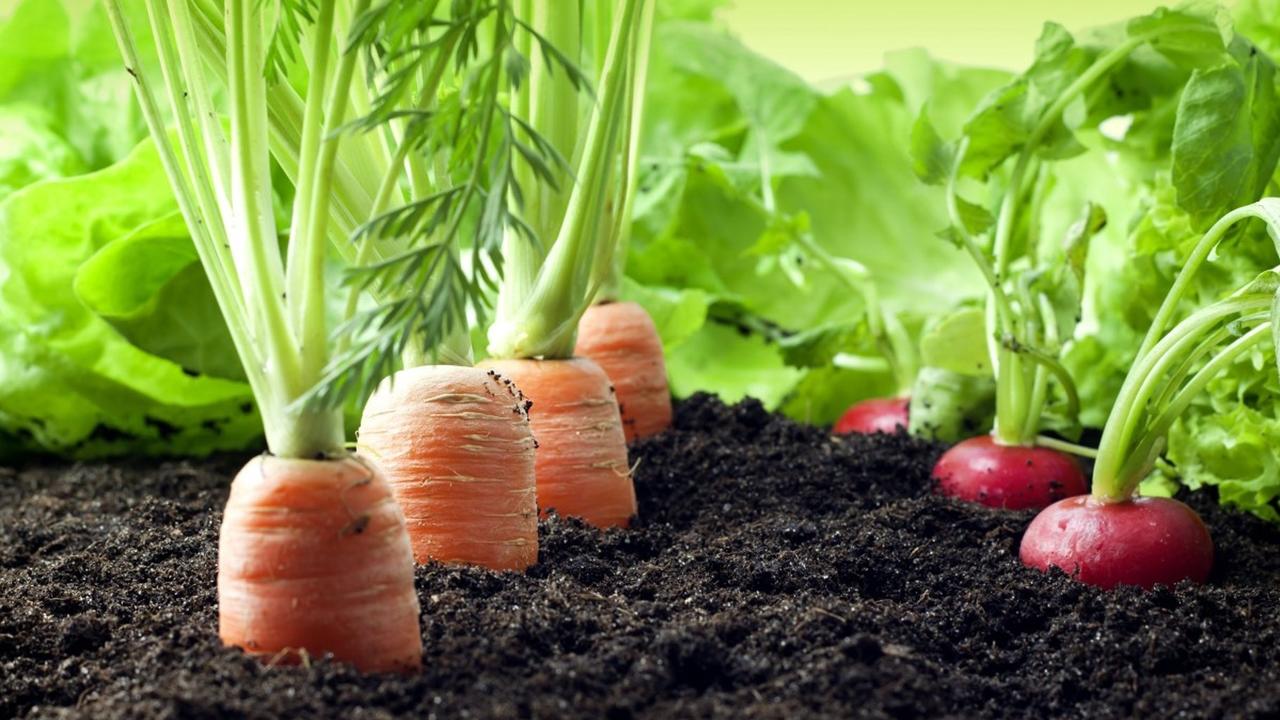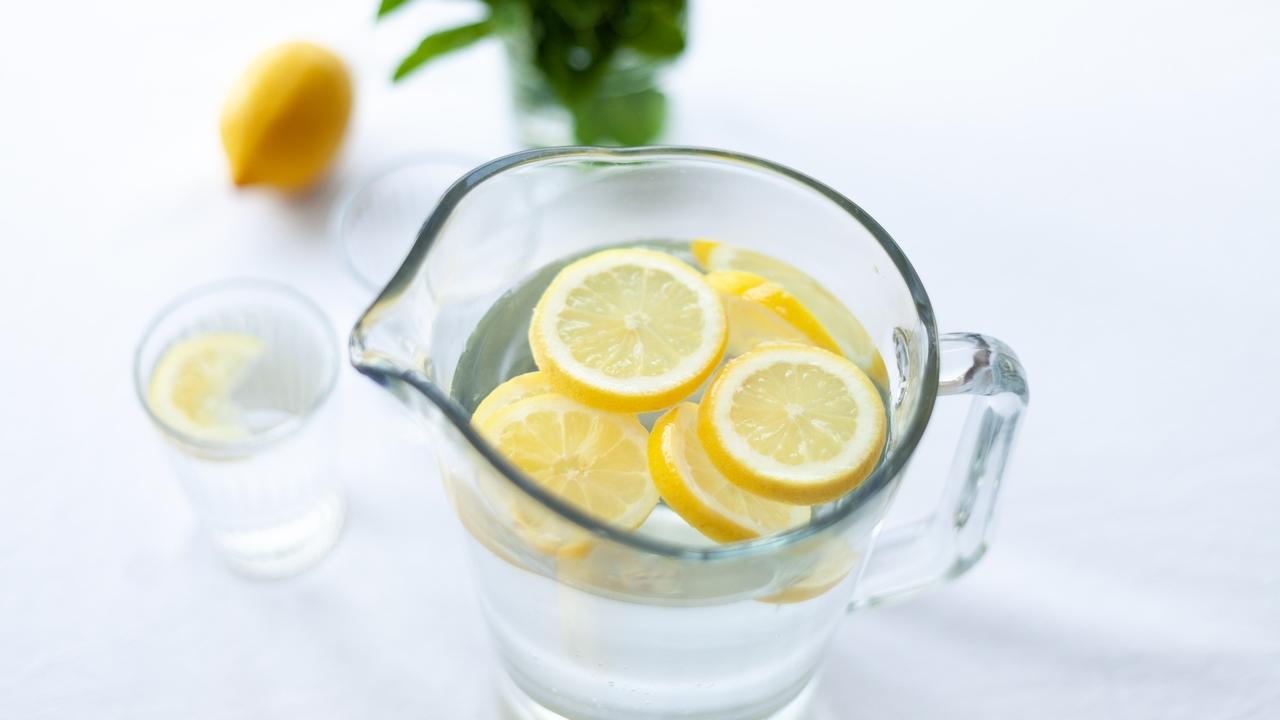Is ORGANIC healthier?

Organic is a little bit of a BUZZ word right now, would you agree?
When it comes to organic foods a common misconception is we're talking about nutrient density, and that organic food is more nutritious than conventional when in fact this is about toxicity and pesticides. “The differences between organic and conventional foods stem directly from the farming methods that were used during the food’s production. (2)
According to FreshConnect here are some key differences between Organic Farming Vs: Conventional Farming
Organic Farming
- Organic farming minimizes chemical usage
- Organic farming promotes biodiversity
- Soil health is improved with organic farming practices
- Only natural methods are used in organic farming
Conventional Farming
- Conventional farming makes use of chemicals, synthetics, and other materials to manage weeds and pests
- Conventional farming uses unnatural farming methods
- Conventional farming use of pesticides has garnered attention towards acceptable levels of toxicity, and whether there should actually be an acceptable level
- Pesticides used in conventional farming can be damaging to your health. (2)
The USDA or United States Department of Agriculture defines organic as food products that are:
- Produced without excluded methods (e.g., genetic engineering), ionizing radiation, or sewage sludge. (4)
- Produced per the National List of Allowed and Prohibited Substances (National List). (4)
- Overseen by a USDA National Organic Program-authorized certifying agent, following all USDA organic regulations. (4)
You may be wondering though, are organic foods more nutritious than those that are conventionally raised?
A study published in The Annals of Internal Medicine stated that there “Lacks strong evidence that organic foods are significantly more nutritious than conventional foods. Consumption of organic foods may reduce exposure to pesticide residues and antibiotic-resistant bacteria.” Although the nutrient levels of both types of foods are fairly comparable, this is more about exposure to pesticides and toxins which will have a long lasting effect on both your body, health, and the environment. (1) “Synthetic pesticides and herbicides (glyphosate or “Round-Up”) that are used on conventional (non-organic) crops are known as “endocrine disrupting chemicals,” (EDCs). (5) EDCs are known to affect the way our hormones function, which also means they affect everything from fertility, to nervous system function, immunity, metabolism, and more! This is bigger than just our ability to burn fat, this is our health as a whole! (3)
Here is something to be aware of when it comes to organic claims, however. Just with many other labels out on the market, “Organic” doesn’t always mean the same thing.
- ”100% Organic” means that all ingredients are certified organic, as well as all processing aids being organic. The label itself will denote the organic ingredients used and may include and USDA organic seal or the 100% organic claim (4)
- ”Organic” means all agricultural ingredients are certified organic and there can be up to 5% non-organic ingredients with a label denoting a USDA organic seal and/or organic claim. (4)
- “Made with Organic” means the product's ingredients are at least 70% certified organic and any remaining ingredients must fit the standards mentioned above, however, this does not include being produced organically. (4)
At the end of the day, it’s up to you which method of farming you chose to consume and feed your families with. Is it worth it to pay a little more to avoid the toxicity and pesticide exposure of particular foods? It can be, but also remember if it’s fruit and vegetables over fast food; fruits and vegetables can go a long way regardless.
Looking to identify the worst and least contaminated fruits and vegetables? Check out the Environmental Working Group's dirty dozen and clean fifteen lists HERE.
Xo,
Shannon





